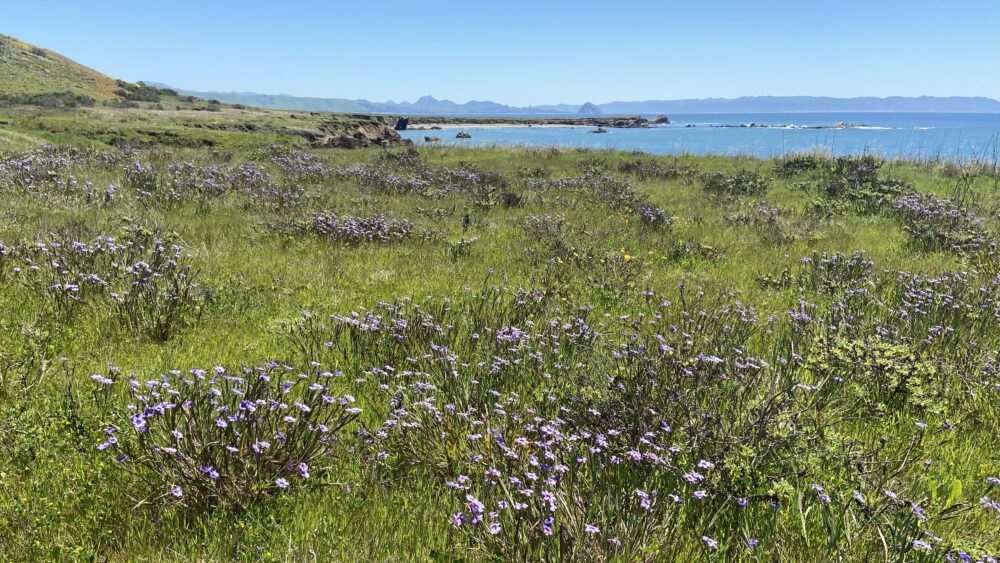As we whisk away from our hectic routines and recreate in the beautiful expanses of our State and National Parks, it’s of dire importance we remain conscious of the effects we have on the spaces and the role we must take in protecting them as they do to us.
This mutual respect and care is the core foundation of the Leave No Trace philosophy, a set of seven guidelines for minimizing one’s impact out in nature. Building on the work by the US Forest Service, National Park Service, and Bureau of Land Management in the mid 1980s, the Leave No Trace Center for Outdoor Ethics established the seven principles, which can be applied anywhere, at any time.
Taking these individual liberties to upkeep your local parks is of an even greater importance in the aftermath of a 43-day government shutdown, where more than half of NPS employees were furloughed and various visitor centers and park facilities remain closed.
And with budget cuts and staff reductions forced by the administration, visitors have been seen taking advantage of lax regulations by flying drones, basejumping, littering trails and bathrooms, or failing to pay parking and camping fees.
The responsibility to better reduce impacts to these natural spaces rests in our hands.
The Seven Principles
- Plan Ahead and Prepare
Before embarking on a trip, research the area to understand its regulations, restrictions, and special concerns. To ensure safety, prepare for extreme weather and potential emergencies. Schedule your visit during times of low use to reduce crowding and environmental stress, and whenever possible, travel in small groups to lessen disturbance. To reduce waste, consider repackaging food, and use maps or GPS devices instead of marking trails with paint, rock cairns, or flagging tape.
- Travel and Camp on Durable Surfaces
Stay on durable surfaces, which include maintained trails, designated campsites, rock, gravel, sand, dry grasses, or snow. To protect riparian areas, camp at least 200 feet away from lakes and streams, and avoid altering natural features to create your set-up. In popular areas, stick to existing trails and campsites, and in pristine areas, disperse your use to prevent new trails and avoid locations where early signs of impact are visible.
- Dispose of Waste Properly
Adopt a “pack it in, pack it out” mindset by carrying out all trash, food, toilet paper and hygiene products. When available, use toilet facilities or dig catholes six to eight inches deep at least 200 feet from water, camp, and trails.
- Leave What You Find
Leave rocks, plants, and other natural objects as you find them to protect natural and cultural features. Avoid introducing or transporting non-native species, or altering the environment in any way.
- Minimize Campfire Impacts
Because campfires can leave lasting environmental damage, use a lightweight stove for cooking and a candle lantern for light whenever possible. Where fires are permitted, build them only in existing fire rings and keep them small, burning all the wood and coals to ash, before extinguishing the fire and scattering the ashes.
- Respect Wildlife
Observe wildlife from a distance and never follow, chase, or approach them. Store food and trash securely to ensure they are away from wildlife. Be especially mindful to avoid wildlife during sensitive times, such as mating, nesting, raising young, or winter months.
- Be Considerate of Other Visitors
Show respect for others’ outdoor experience by keeping noise levels low and camping away from trails and other visitors to preserve privacy.
In Your Own Backyard
The idea that one person’s actions don’t matter is dangerous—if we all challenged that belief, held each other accountable, and took responsibility for protecting our natural spaces, our combined efforts could make a tremendous difference.
Locally along the Central Coast, the community can step in to care for our state parks every day.
Next time you find yourself on a hike along a bluff trail or deep in the rolling hills, become conscious of how nature provides for you a breath of fresh air and a safe place. Reeling in that magic, one can better notice the endless ways to be a park steward, and in turn care for the land that loves them right back.
To refer back to the seven principles of Leave No Trace, visit the National Park Service information here.

